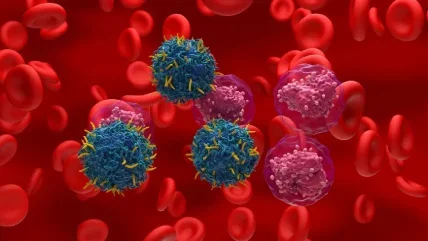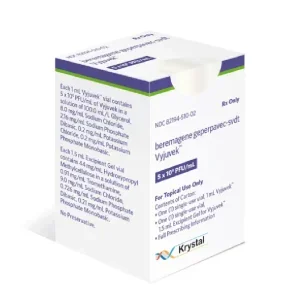
US-based biotechnology company Repertoire Immune Medicines has entered into a collaboration and licensing agreement with Genentech, a subsidiary of Roche Group.
The collaboration aims to develop T cell-targeted therapies for an autoimmune disease.
Under the partnership, Repertoire will use its DECODE platform to identify new targets.
Genentech will be responsible for preclinical and clinical development, and global commercialisation of the T cell-targeted therapies.
Repertoire will receive $35m upfront and is eligible for up to $730m in additional milestone payments, alongside tiered royalties.
Repertoire chairman and CEO, and Flagship Pioneering executive partner Torben Straight Nissen said: “The enormous breadth of DECODE’s therapeutic target discovery potential is well beyond what we could realise on our own.
“Given Genentech’s commitment and experience as the global market leader in developing treatments for autoimmune diseases, we are delighted to partner with them to bring medicines to patients that reset the immune system and have the potential to provide significant therapeutic benefits.”
Repertoire Immune Medicines, founded in 2019 by Flagship Pioneering, is at the forefront of discovering immune codes that dictate health and disease responses.
The company operates from Cambridge, Massachusetts, and Zurich, focusing on T cell-targeted therapies for cancer and autoimmune diseases.
The DECODE platform, which maps the immune synapse, will be central to the target discovery process, exploring a vast antigenic space.
Roche and Genentech have been developing breakthrough therapies for autoimmune disorders, with over 20 years of investment in this field.
Roche corporate business development head Boris Zaïtra said: We are proud of the advances in treatment we have pioneered.
“As we seek new opportunities to bring an even greater impact to patients, we look forward to translating the new discoveries DECODETM and the team at Repertoire will reveal to develop novel medicines for patients suffering from autoimmune diseases.”






